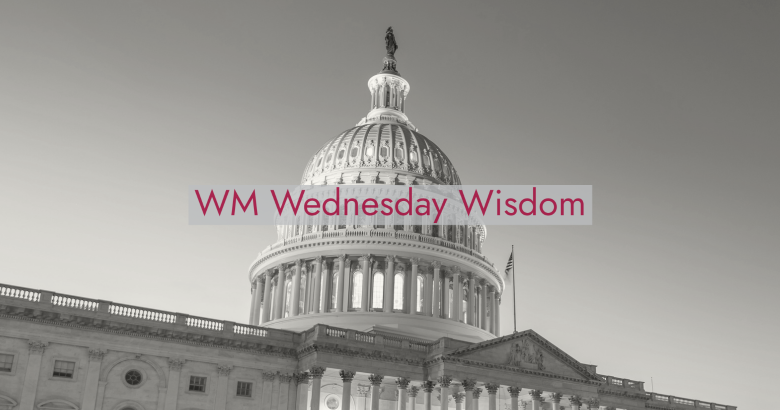The Inflation Reduction Act of 2022
Earlier this month, we wrote about the tax provisions included in the draft version of the Inflation Reduction Act as it was going through the negotiations process and making its way through Congress. On August 16th, President Biden signed into law the Inflation Reduction Act of 2022.
The final Legislation includes the following tax provision changes:
1% Excise Tax on Stock Repurchases
The Act now includes a new 1% excise tax on the fair market value of stock repurchased by a publicly traded U.S. corporation during the taxable year. This tax will affect redemptions and certain acquisitions and repurchases of publicly traded foreign corporation stock. This excise tax will apply to repurchases of stock after December 31, 2022.
The law contains a number of exceptions, including: i) a repurchase which is part of a nontaxable reorganization; ii) repurchased stock (or stock of equal value) which is contributed to an employer-sponsored retirement plan or ESOP; iii) where the total value of the stock repurchased in a tax year does not exceed $1 million; iv) a transaction allowed under regulations for repurchases by a dealer in securities in the ordinary course of business; v) repurchases by regulated investment companies or real estate investment trusts; vi) repurchases treated as a dividend for tax purposes.
Extension of the Limitation on Net Business Losses for Individuals
A last-minute change to the law includes an extension of the IRS sec 461(l) rules, which limit an individual’s ability to use net operating losses for two additional years. This limitation, which was included as part of the Tax Cuts and Jobs Act, was scheduled to terminate in 2026. The limitation will now apply through 2028.
Carried Interest Loophole
The section modifying the rules relating to carried interest has been eliminated.
Revision to the Corporate Alternative Minimum Tax
The Inflation Reduction Act imposes a new 15% corporate alternative minimum tax on the adjusted financial statement income for corporations with profits in excess of $1 billion.
The Act’s calculation of adjusted financial statement income was modified to allow depreciation generally to be computed using U.S. federal tax accounting methods (MACRS), conventions, and class lives in lieu of corresponding financial statement principles. This modification will be beneficial to participants in industries that tend to make significant investments in property, plant and equipment.
Increase in Qualified Small Business Payroll Tax Credit for Research Activities
The Inflation Reduction Act doubles the refundable research and development tax credit for small businesses, raising it from $250,000 to $500,000. The credit can be applied against payroll taxes and a wide variety of expenses, including product development and technology.
Electric Vehicle Credit – Final Assembly Requirement
The Act extends the $7,500 tax credit for the purchase of a new electric vehicles (EV) and $4,000 for the purchase of a used EV.
However, to qualify for the credit, the Act requires that final assembly of the vehicle occurs in North America (the “final assembly requirement”). “Final assembly” means the process by which a manufacturer produces a new clean vehicle at, or through use of, a plant, factory, or other place from which the vehicle is delivered to a dealer or importer with all component parts necessary for the mechanical operation of the vehicle included with the vehicle, whether or not the component parts are permanently installed in or on the vehicle.
To read our earlier article about the Inflation Reduction Act, please click here.
Questions?
As always, should you have questions about this topic, or any other topics related to your personal or business situation, please contact us at any time.
DISCLAIMER: The WM Daily Update, WM Wednesday Wisdom, Newsletters, COVID-19 Business Resources, COVID-19 Client News Alerts and other related communications are intended to provide general information on legislative COVID-19 relief measures as of the date of this communication and may reference information from reputable sources. Although our firm has made every reasonable effort to ensure that the information provided is accurate, we make no warranties, expressed or implied, on the information provided. As legislative efforts are still ongoing, we expect that there may be additional guidance and clarification from regulators that may modify some of the provisions in this communication. Some of those modifications may be significant. As such, be aware that this is not a comprehensive analysis of the subject matter covered and is not intended to provide specific recommendations to you or your business with respect to the matters addressed.


